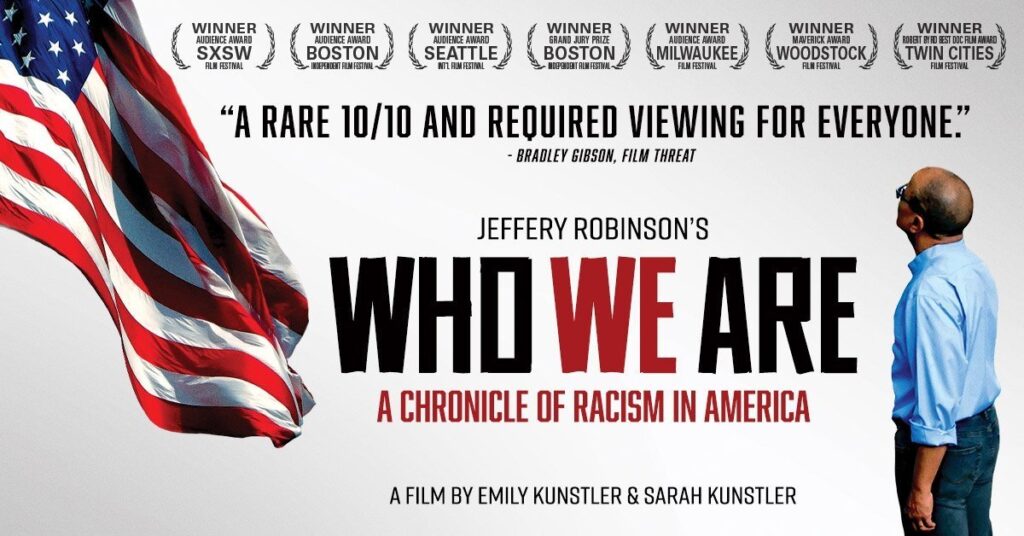Last month, I wrote that the source of racism in America is systemic, not individual. Since the topic spans over 400 years, one column, or even two, couldn’t adequately cover how our national laws legalized racism. So, this second column on racism in America will attempt to scratch the surface a little deeper.
If I said, “America was founded on white supremacy.” You could say, “That’s an extreme statement.” And I would say, “Don’t believe a word I say about it. Just listen to what Americans said.” By 1740, many colonies had passed laws to keep enslaved people in subjugation and obedience. “This wasn’t just social racism or individual racism. This was the law inscribing this.”
Forty-seven years later, the Founding Fathers wrote the U.S. Constitution based, in part, on the concept that all persons are created equal. “However, when they talked about life, liberty, and the pursuit of happiness, they saw that as entirely consistent with enslaving people.” This was not individual prejudice or custom; it was the law, and the law picked winners and losers – white and Black – respectively.
Article IV, Section 2, Clause 3 of the U.S. Constitution reads, “No Person held to Service or Labor in one State, under the Laws thereof, escaping into another, shall, in Consequence of any Law or Regulation therein, be discharged from such Service or Labor, but shall be delivered up on Claim of the Party to whom such Service or Labor may be due.”
That wasn’t enough to ensure some people that their “property” – people held in perpetual bondage – wouldn’t be taken from them, so Congress passed The Fugitive Slave Act in 1850. This act also made the federal government responsible for finding, prosecuting, and returning escaped enslaved people. This is how vital white supremacy was to the people who founded America. Why was it essential? Follow the money! In 1800 the South produced 6.5 million pounds of cotton, but 30 years later, it produced five hundred million pounds. In 1860, another 30 years, the South produced two billion pounds of cotton, which accounted for 60 percent of taxable US exports for that year!
In 1860 New York City received $200 million (over $7 billion in today’s currency) from taxing cotton. The incentive to protect that revenue was so strong that Fernando Wood, the pro-Southern mayor of New York City, advocated that New York leave the Union during the Civil War! He didn’t advocate joining the Confederacy.” What he said was: “We can’t give this up. We don’t have to join the South if we withdraw from the Union. We can make business deals with the North and the South. The money will keep coming in.”
Woodrow Wilson was president in 1915 when he attended a special screening at the White House of the White Supremacist movie, “The Birth of a Nation.” President Wilson commented that the film brought out “A mere instinct of self-preservation roused the white men until, at last, there had sprung into existence a great Ku Klux Klan, a veritable empire of the South, to protect the Southern country.” This was the President of the United States talking. These comments about the most blatantly racist movie of its time represented what America was then. However, even 101 years later (2016), America showed it hadn’t changed much when it elected a president with Woodrow Wilson’s views.
Sadly, American Apartheid continues. Florida recently banned the teaching of Critical Race Theory because it acknowledges that systemic racism is a part of American history. The NAACP and the League of United Latin American Citizens (LULAC) just issued Florida travel advisories for people of color.
“Florida is openly hostile toward African Americans, people of color, and LGBT individuals. Before traveling to Florida, please understand that the state of Florida devalues and marginalizes the contributions of and the challenges faced by African Americans and other communities of color. Let me be clear, failing to teach an accurate representation of the horrors and inequalities that Black Americans have faced, and continue to face, is a disservice to students and a dereliction of duty to all,” NAACP President and CEO Derrick Johnson said.
It’s not individual prejudice or custom; it’s the law of the land.
As Martin Luther King Jr. said the night before a white supremacist killed him, “We’ve got to give ourselves to this struggle until the end. Nothing would be more tragic than to stop at this point.”
